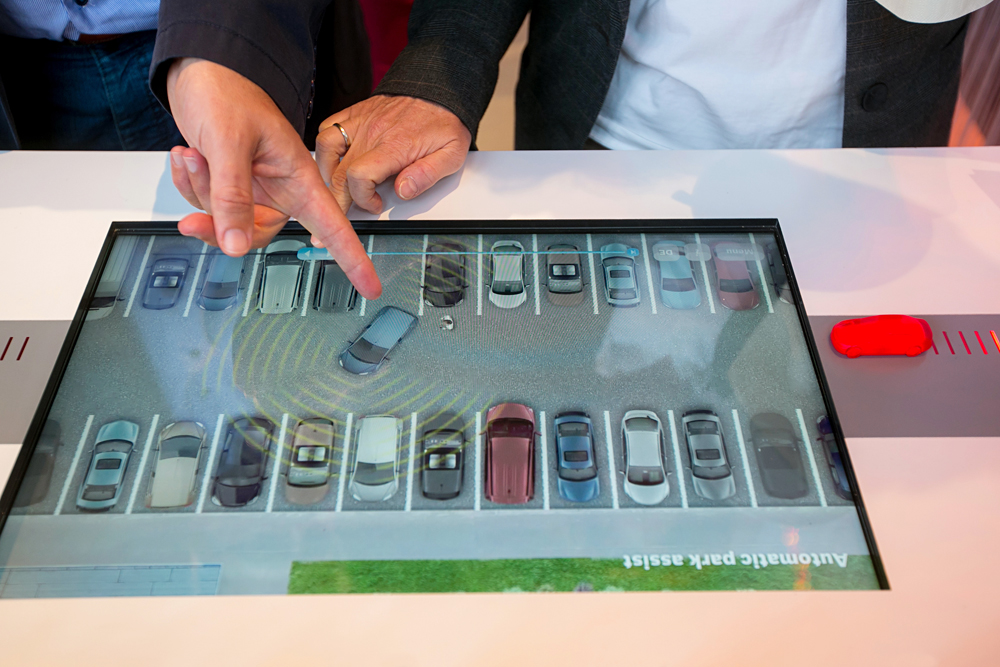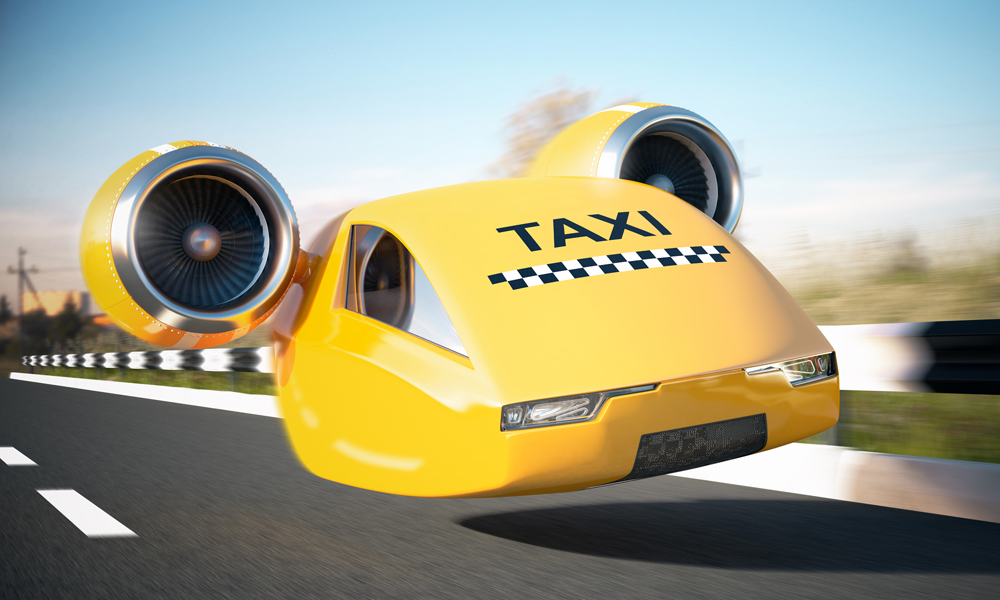Are driverless cars the next frontier in crime?

Unmanned technology will change the structure of traffic, experts say.
Getty ImagesRussian law-enforcement officers fear that unmanned cars may be used as instruments of crime in the near future.
"In 20 years, conventional cars will be replaced by autonomous vehicles just like they once were replaced by horses," said Alexander Bykov, chief of the State Road Safety Inspectorate's Road Patrol Service department. "However, no one has studied the potential future dangers."
According to the Road Safety Inspectorate, Russia has already seen cases where cars were remotely hijacked electronically. The company Cognitive Technologies (CT) is developing an experimental unmanned truck for the Russian truck maker KamAZ, and it will use an unmanned bus to transport World Cup fans in 2018. Developing security systems for this new form of transportation is a crucial challenge.
Minimal damage wins
According to CT, unmanned technology will change the structure of traffic. However, not all situations on the road, especially those endangering the lives of drivers and pedestrians, will fit neatly into the framework of mathematical models.
"There is a set of moral aspects and criteria that must be considered in the development of robotic car driving scenarios," said Olga Uskova, CT's president. "For example, how should an unmanned car react in a difficult situation when a choice needs to be made and someone on the road has to be sacrificed."
In early 2016, CT conducted a study in Russia featuring more than 80,000 respondents. Participants favored the scenario that ended with minimum damage, based on the number of lives saved.
Uskova said most likely participants in the study were not fully aware that they themselves could be in the cab of a robotic car programmed to self-destruct along with its passenger in order to save the lives of people who ran into the road.
Robots as murder weapon
A driverless car can be used as a weapon, CT experts confirmed in an interview with RBTH. For example, criminals may affect the "active positioning system," that is, devices and sensors. Or mechanically damage the vehicle – in this case, artificial intelligence will lose some functions. Finally, the control system can be hacked by cybercriminals.
"CT's approach is most resistant to external influences since the camera and 'intelligence' are in the cab," Uskova said.
With regard to counter hacker attacks Uskova said the company has protection similar to that of major financial institutions.
"When developing unmanned vehicle driving scenarios, we proceed from the first law of robotics formulated by science fiction writer Isaac Asimov, and try to minimize damage and casualties," Uskova said. "But we haven't yet succeeded in developing an adequate model capable of fully protecting the unmanned car from any possible impact."
Who's responsible?
CT plans to equip self-driving cars with recorders similar to the black box used in aviation. In the near future, Uskova believes it's crucial to develop new traffic rules, and overhaul public roads by creating special lanes for unmanned cars and establish a system of signs and markings.
Still, the question remains, who will be responsible for possible accidents involving a robotic car – the person in the driver's seat, or the developer?
"The law states that a vehicle should be driven by a person who is obliged to control it and be responsible for any consequences," Bykov said. "Essentially, it is the software system installed by the manufacturer that will be responsible for the autopilot's actions."
According to the first hearing in March organized by the State Duma's commission for the development of strategic information systems, all responsibility rests with the driver – even if he is sitting in a car controlled by AI.
"Now, artificial intelligence is only a system to prevent hazardous situations with minimal intervention in the control system," Uskova said. "With the development of unmanned cars' intelligence, new legislation will be required, and the developing company will be responsible."
Read more: 3 new Russian fighting machines that got the thumbs-up from Putin>>>
Subscribe to get the hand picked best stories every week
All rights reserved by Rossiyskaya Gazeta.
Subscribe
to our newsletter!
Get the week's best stories straight to your inbox
